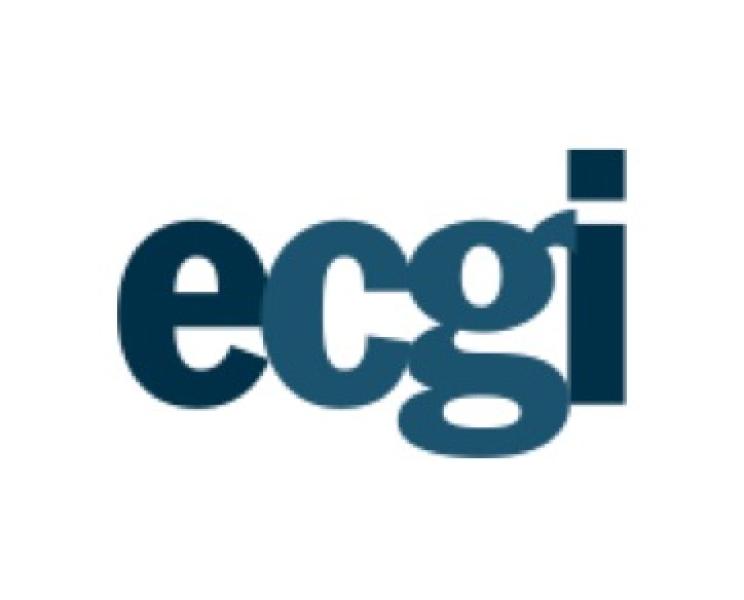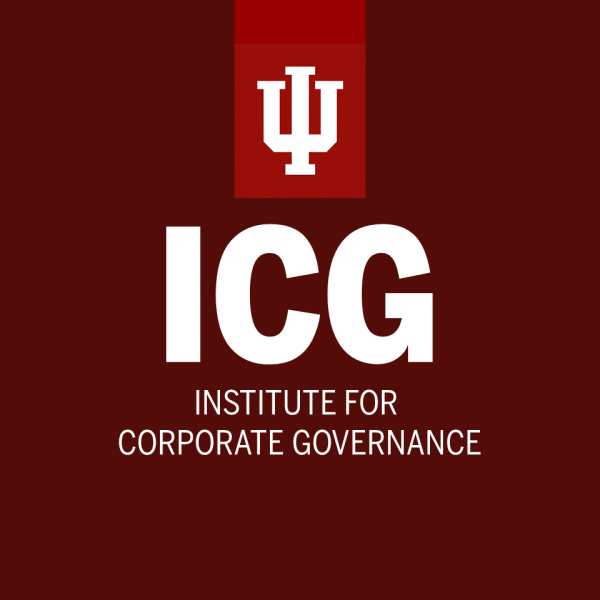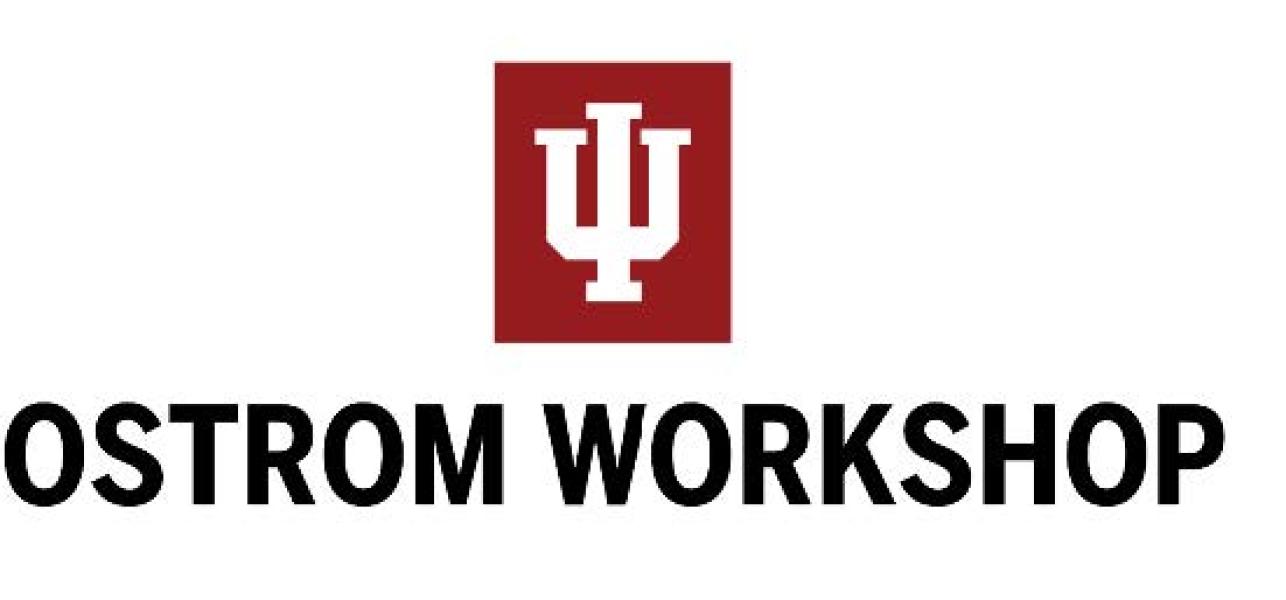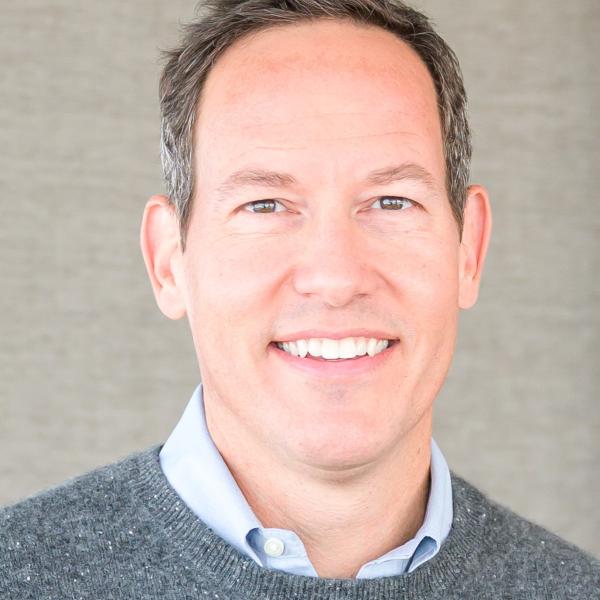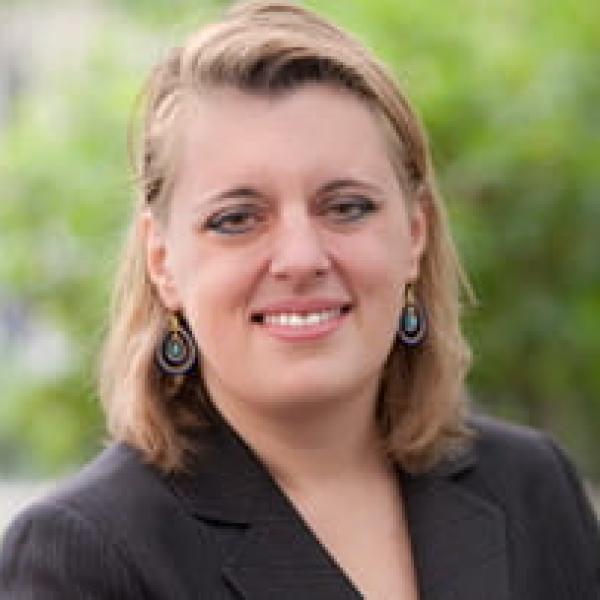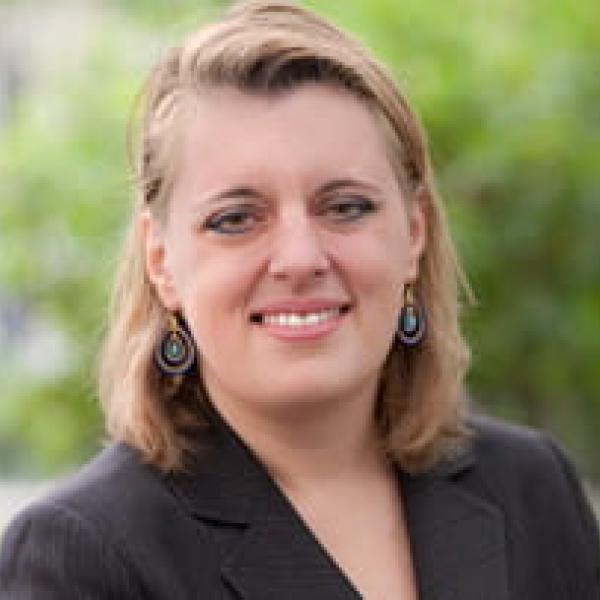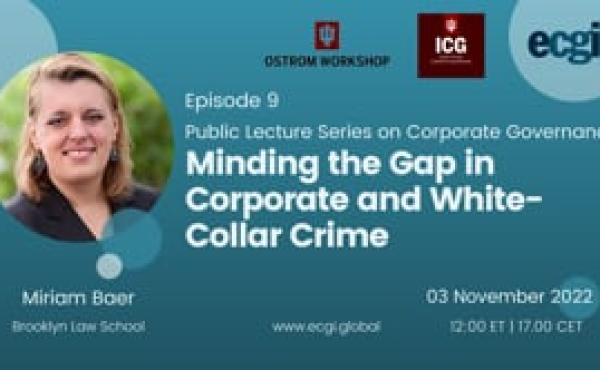
“Minding the Gap in Corporate and White-Collar Crime”
** Please scroll down to watch the video **
The Institute for Corporate Governance Public Lecture Series:
“Minding the Gap in Corporate and White-Collar Crime”
Miriam Baer (Brooklyn Law School)
Thursday, 3 November 2022
12:00 – 13:15 EDT | 17:00 – 18:15 CET
Organised by
Jun Yang (Kelley School of Business, Indiana University)
About the Event:
The ninth lecture in this series was given by Professor Miriam Baer (Brooklyn Law School).
White-collar crime is commonly considered difficult to prove, even though the laws that prohibit fraud and bribery are broadly written and have been generously interpreted by courts. This juxtaposition presents a puzzle: how is it that the government still struggles to prosecute high-level corporate executives in the wake of high-profile corporate scandals?
Professor Baer deigned to unpack this problem by imagining the standard case as falling between two thresholds. The first is the line that separates innocence and liability, or what one might call the liability threshold. The second is the line that separates viable from non-viable prosecutions, which is the viability threshold.
The liability threshold is objective and transparent; the general public can discover its boundaries by reading statutes and published judicial opinions. The viability threshold is more subjective and therefore more elusive. It reflects the government’s collective determination of the evidence sufficient to undertake the risk of investigating, prosecuting and following a case through to its bitter end.
For many white-collar crimes, behavior easily crosses the liability threshold but falls short of the viability line, and that in turn creates a problematic gap. Within this gap, wrongdoers do their very best to avoid detection and convince prosecutors to forego prosecutions. The “gap” is thus a kind of corporate and financial purgatory, where pressures to hide one’s wrongdoing increase, and where harms fester while they remain undiscovered.
When the liability/viability gap grows too large, smaller and simpler schemes become complex and harmful ones, and society’s trust in government slowly erodes. Thus, the problem for white-collar crime (particularly, elite corporate crime), boils down to how public enforcers address and treat this gap and how they commandeer corporate institutions in helping them deal with the gap. Whereas many of today’s popular enforcement policies look a lot like gap-minding strategies, a more ambitious--approach would be to narrow the gap between liability and viability. The final portion of this talk describes what this gap-narrowing agenda might look like and how it might improve on our government’s current enforcement policies and practices.
Miriam Baer is the Vice Dean and a Centennial Professor of Law at Brooklyn Law School. During the 2021-22 academic year, she was a Visiting Fellow at Harvard University’s Edmond J. Safra Center for Ethics, where she worked on her forthcoming book, Myths and Misunderstandings of White-Collar Crime (Cambridge University Press, forthcoming). Dean Baer writes and teaches at the intersection of business and criminal law. She is an elected member of the American Law Institute, where she served as an Adviser on the ALI’s Principles of the Law of Compliance, Enforcement and Risk Management. Before academia, Dean Baer served as an assistant general counsel for compliance with Verizon and was also an Assistant U.S. Attorney in the Criminal Division of the U.S. Attorney’s Office for the Southern District of New York. Baer is often quoted by major media outlets on issues of federal and white-collar crime. She has published widely, including in the Columbia Law Review, Virginia Law Review, Texas Law Review, Michigan Law Review, Minnesota Law Review, and the Yale Law Journal Forum. She is also a co-editor of a leading white-collar crime casebook and has had her work featured and cited by several federal appellate courts.
The public lecture series is organised by Institute for Corporate Governance (ICG), in partnership with the Ostrom Workshop at Indiana University and ECGI.
Programme
Welcome and Introduction
Speaker(s)
Q&A and Concluding Remarks
Speaker(s)
Speakers
Todd Haugh
Presentations
Contact

